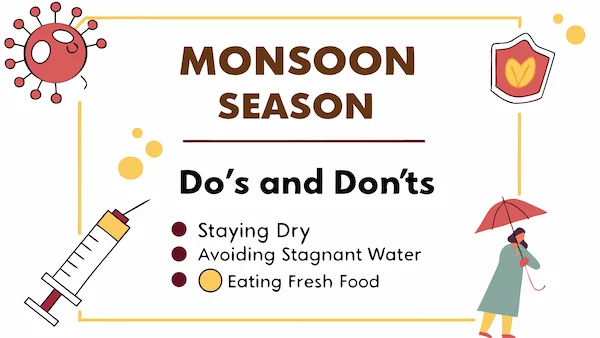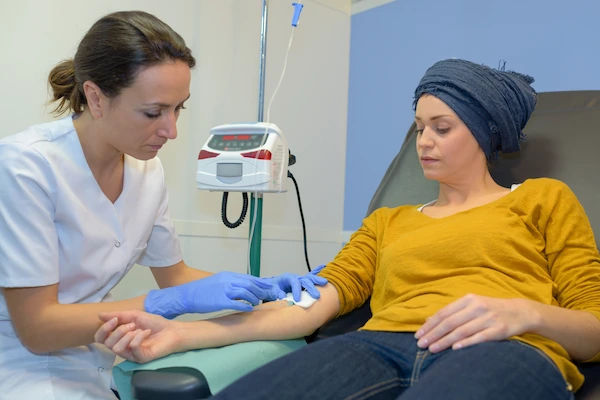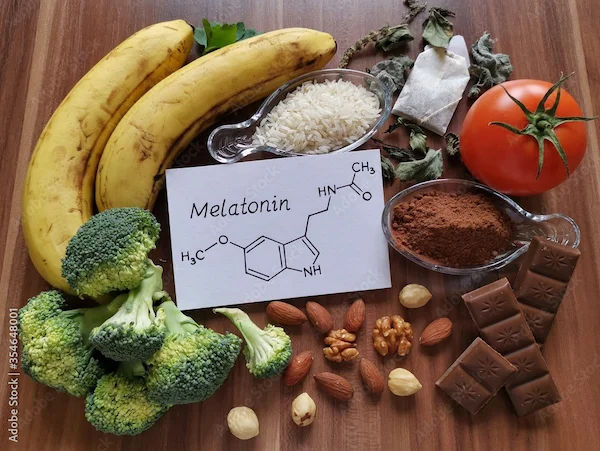Preventing Infertility and Enhancing Sexual Health
Know about infertility and sexual health, causes of infertility, and how to enhance sexual health.

Written by Dr. J T Hema Pratima
Reviewed by Dr. Rohinipriyanka Pondugula MBBS
Last updated on 11th Aug, 2025

Introduction
Infertility and sexual health issues can be challenging, but the good news is that many of these problems can be prevented or managed with the right knowledge and lifestyle choices. Whether you're planning to start a family soon or simply want to maintain good reproductive health, understanding how to prevent infertility and enhance sexual well-being is essential.
Understanding Infertility
Infertility is defined as the inability to conceive after one year of regular, unprotected intercourse (or six months for women over 35). It affects both men and women and can be caused by various factors.
Common Causes of Infertility
For Women:
Hormonal imbalances (PCOS, thyroid disorders)
Blocked fallopian tubes (due to infections or surgeries)
Endometriosis (a condition where uterine tissue grows outside the uterus)
Age-related decline in egg quality (fertility decreases after 35)
For Men:
Low sperm count or poor sperm motility
Varicocele (enlarged veins in the testicles)
Hormonal imbalances (low testosterone)
Lifestyle factors (smoking, excessive alcohol, obesity)
Health topic carousel:
Doctor's speciality: Obstetrics
Text: Consult Top Obstetrics Doctor for Personalised Health Advice
How to Prevent Infertility?
1. Maintain a Healthy Weight
Being overweight or underweight can disrupt hormone levels, affecting fertility in both men and women. A balanced diet and regular exercise can help maintain a healthy weight.
2. Eat a Nutrient-Rich Diet
For Women: Include iron-rich foods (spinach, lentils), folic acid (leafy greens, citrus fruits), and omega-3 fatty acids (fish, walnuts).
For Men: Zinc (pumpkin seeds, oysters), antioxidants (berries, nuts), and vitamin C (oranges, bell peppers) support sperm health.
3. Avoid Smoking and Excessive Alcohol
Smoking reduces sperm count in men and egg quality in women. Alcohol can disrupt hormone levels and reduce fertility.
4. Manage Stress
Chronic stress affects reproductive hormones. Practices like yoga, meditation, and deep breathing can help.
5. Practice Safe Sex
Sexually transmitted infections (STIs) like chlamydia and gonorrhea can cause infertility if untreated. Always use protection and get tested if needed.
6. Limit Exposure to Toxins
Chemicals in pesticides, plastics, and industrial products can harm fertility. Opt for organic foods and BPA-free containers.
7. Get Regular Health Check-ups
Conditions like diabetes, thyroid disorders, and PCOS can impact fertility. Early detection and treatment improve outcomes.
Enhancing Sexual Health
Sexual health is a crucial part of overall well-being. A healthy sex life boosts emotional connection, reduces stress, and improves self-esteem.
Tips for Better Sexual Health
1. Communicate with Your Partner
Open discussions about desires, concerns, and boundaries strengthen intimacy.
2. Exercise Regularly
Physical activity improves blood circulation, stamina, and libido. Kegel exercises (for both men and women) enhance pelvic muscle strength.
3. Stay Hydrated
Dehydration can reduce energy levels and sexual desire. Drink plenty of water.
4. Get Enough Sleep
Poor sleep affects testosterone levels in men and libido in women. Aim for 7-8 hours of quality sleep.
5. Address Underlying Health Issues
Conditions like diabetes, high blood pressure, and depression can affect sexual function. Proper treatment helps.
6. Avoid Excessive Pornography
Overuse can lead to unrealistic expectations and performance anxiety.
When to Seek Help?
If you’ve been trying to conceive for a year (or six months if over 35) without success, consult a fertility specialist. Also, seek help if you experience:
Painful intercourse
Irregular or absent periods
Erectile dysfunction or low libido
Symptoms of hormonal imbalance (unusual hair growth, weight fluctuations)
Final Thoughts
Taking proactive steps today can make a big difference in your reproductive and sexual health. Small lifestyle changes, awareness, and timely medical advice can help you lead a healthier, happier life.
Health topic carousel:
Doctor's speciality: Obstetrics
Text: Consult Top Obstetrics Doctor for Personalised Health Advice




